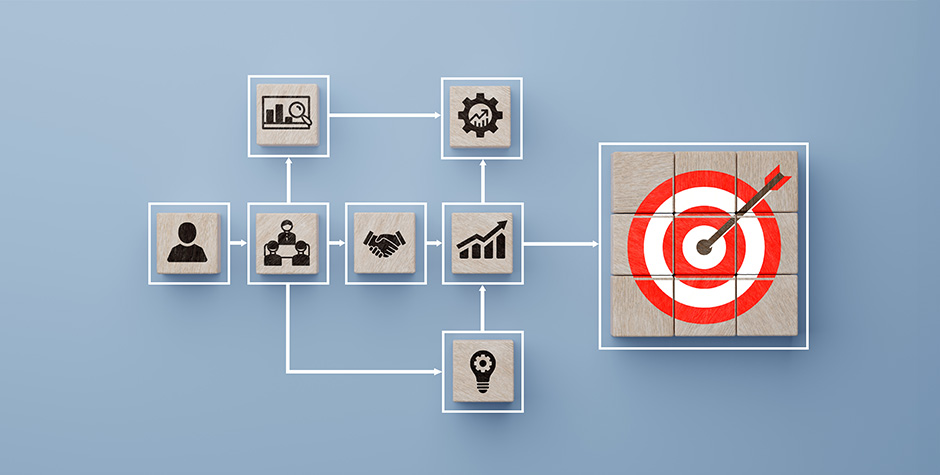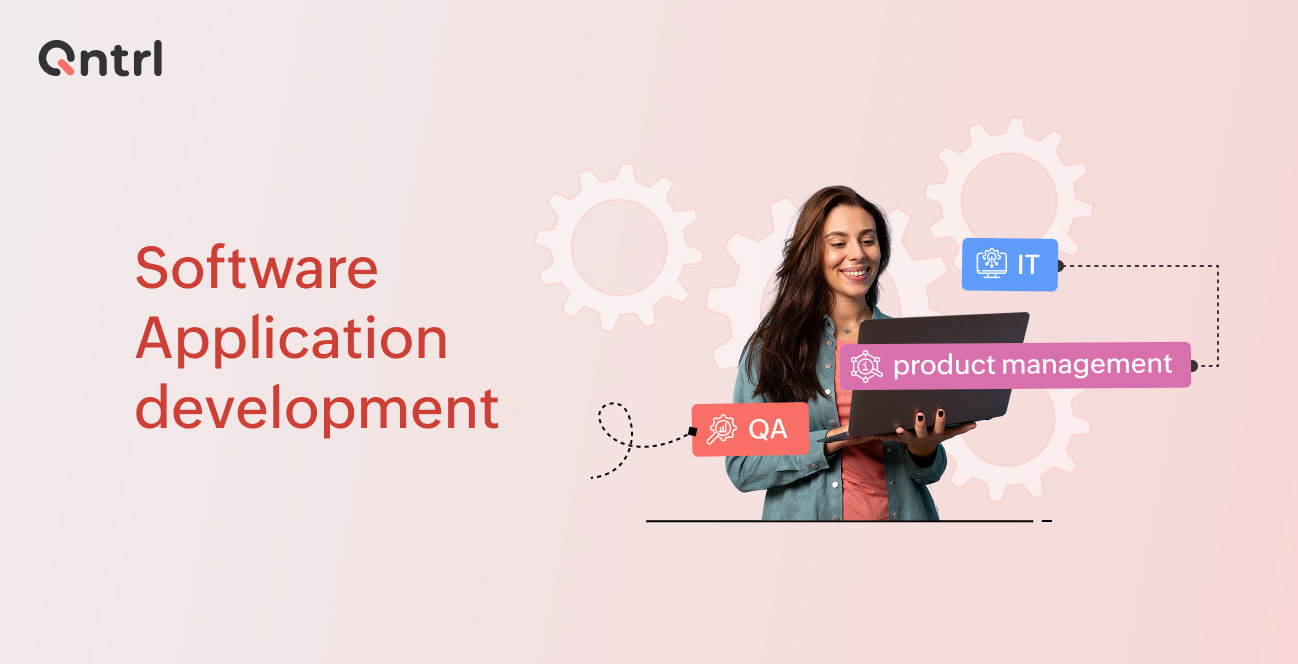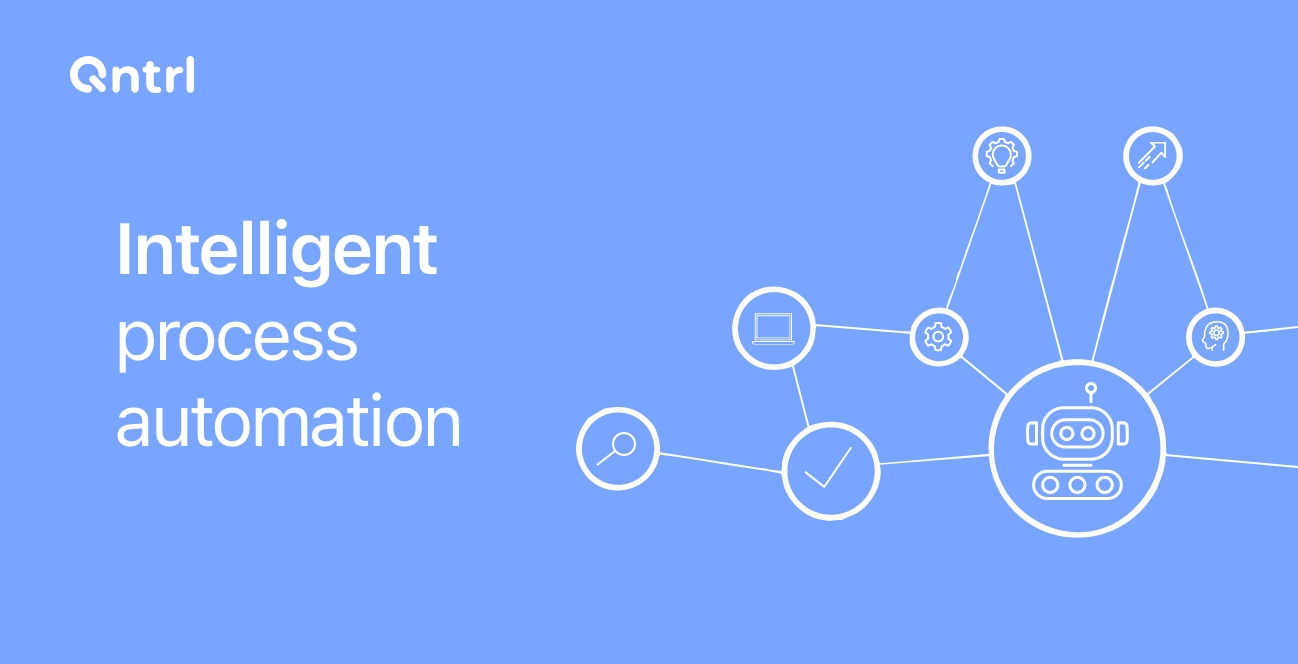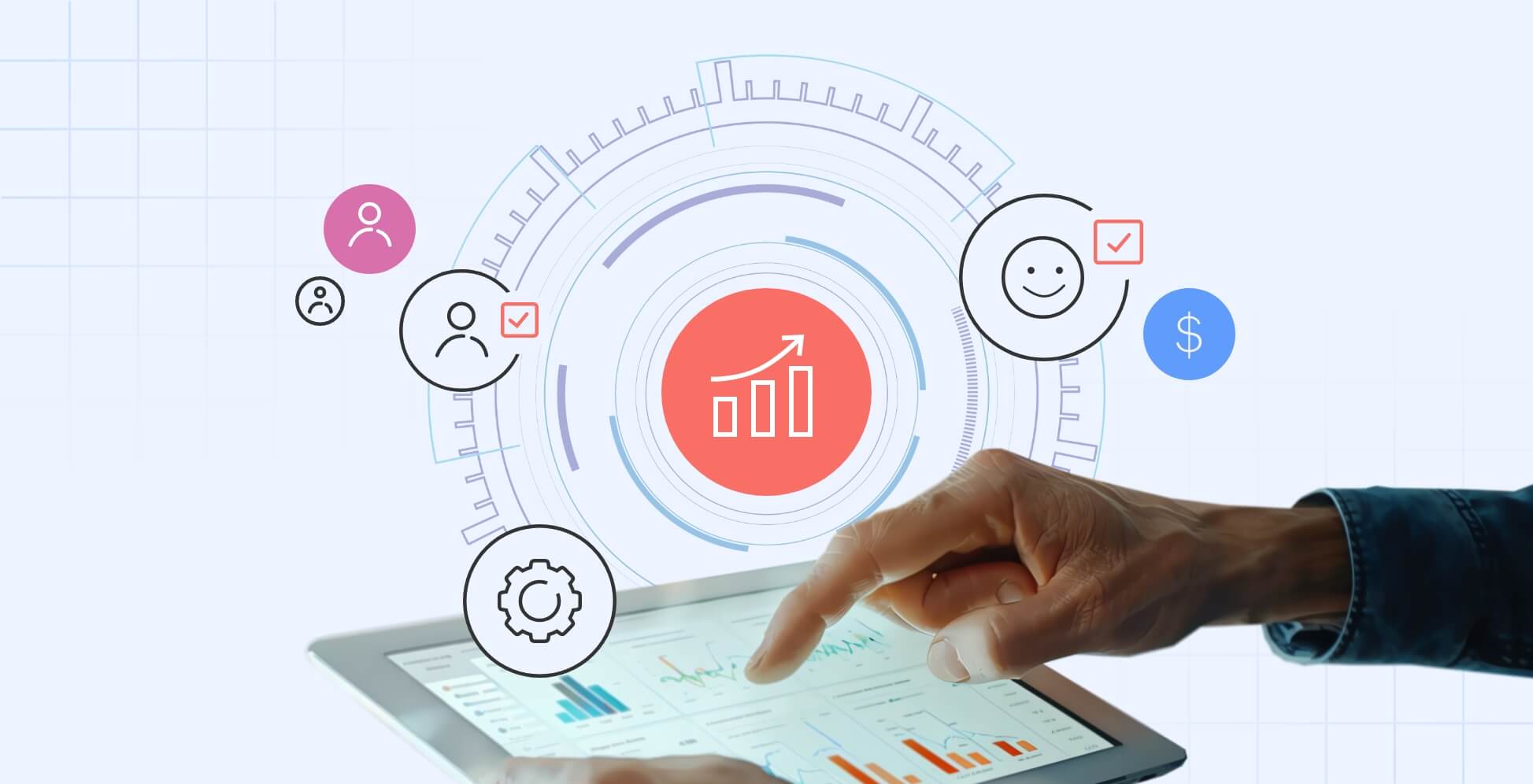Ever wonder what keeps successful businesses ticking behind the scenes? It's not just innovation or a stroke of luck; it's the meticulous art of business process monitoring. Think of this as a GPS for your organization, constantly recalculating the route for efficiency, cost-effectiveness, and seamless operations.
This article dives into the world of business process monitoring, breaking down the jargon, exploring its diverse applications, and understanding why it's the unsung hero in the journey to operational excellence.
What is business process monitoring?
At its core, business process monitoring is the systematic observation, analysis, and optimization of the various activities and workflows that make up an organization's operational backbone.
In simpler terms, it's about understanding how the gears of your business are turning in real time. Are there bottlenecks in your supply chain? Is your customer service team responding promptly? Business process monitoring provides the answers by offering a comprehensive view of the entire organizational landscape.
The process often involves the use of specialized tools and technologies to collect and analyze data, allowing businesses to identify areas for improvement, respond swiftly to issues, and ultimately enhance overall performance.
Types of business process monitoring
Performance monitoring
Track key performance indicators (KPIs) across various functions like manufacturing, supply chain, customer service, and IT operations.
Event monitoring
Keep an eye on specific events or triggers within a process. It is commonly used in IT operations for prompt responses to critical incidents.
Compliance monitoring
Ensure adherence to regulatory standards. This is crucial in industries like finance, healthcare, and manufacturing.
Workflow monitoring
Track the flow of tasks within a business process to identify bottlenecks, and streamlining workflows. This is applicable in project management and service delivery.
User activity monitoring
Track user actions to ensure compliance, security, and proper resource utilization is essential in sectors prioritizing data security.
Resource monitoring
Oversee the utilization of resources such as workforce, technology, and equipment to identify inefficiencies and optimize resource allocation.
Predictive monitoring
Utilize data analysis and machine learning to predict potential issues before they occur to allow proactive problem-solving and risk mitigation.
Applications of business process monitoring
Supply chain management
Ensure smooth flow throughout the supply chain to optimize inventory levels and improve overall efficiency.
Customer relationship management (CRM)
Monitor customer interactions and service delivery processes to enhance satisfaction, retention, and loyalty.
Information technology (IT) operations
Ensure IT system reliability to identify security threats and facilitate rapid responses to anomalies.
Finance and accounting
Monitor financial processes to ensure compliance, prevent fraud, and optimize workflows.
Human resources
Monitor recruitment, onboarding, and employee performance processes to enhance workforce efficiency and compliance with HR policies.
Healthcare operations
In healthcare, ensure patient care processes adhere to protocols to optimize appointment scheduling and resource utilization.
Manufacturing operations
Oversee production processes, track equipment performance, and optimize workflows for maximum efficiency.
Implementing effective business process monitoring
Define KPIs
Clearly define metrics covering productivity, quality, compliance, and customer satisfaction.
Choose the right monitoring tools
Invest in real-time monitoring tools with comprehensive analytics capabilities.
Establish baselines and benchmarks
Set baseline performance metrics and benchmarks before making changes.
Regularly review and update processes
Review and update business processes often to stay aligned with organizational goals.
Encourage a culture of continuous improvement
Foster an environment where employees actively identify improvement opportunities.
In conclusion, business process monitoring is a versatile and indispensable practice applied across industries to optimize operations, enhance efficiency, and ensure compliance. By selecting appropriate monitoring types for specific functions, organizations can proactively address challenges and position themselves for sustained success in a competitive landscape.







